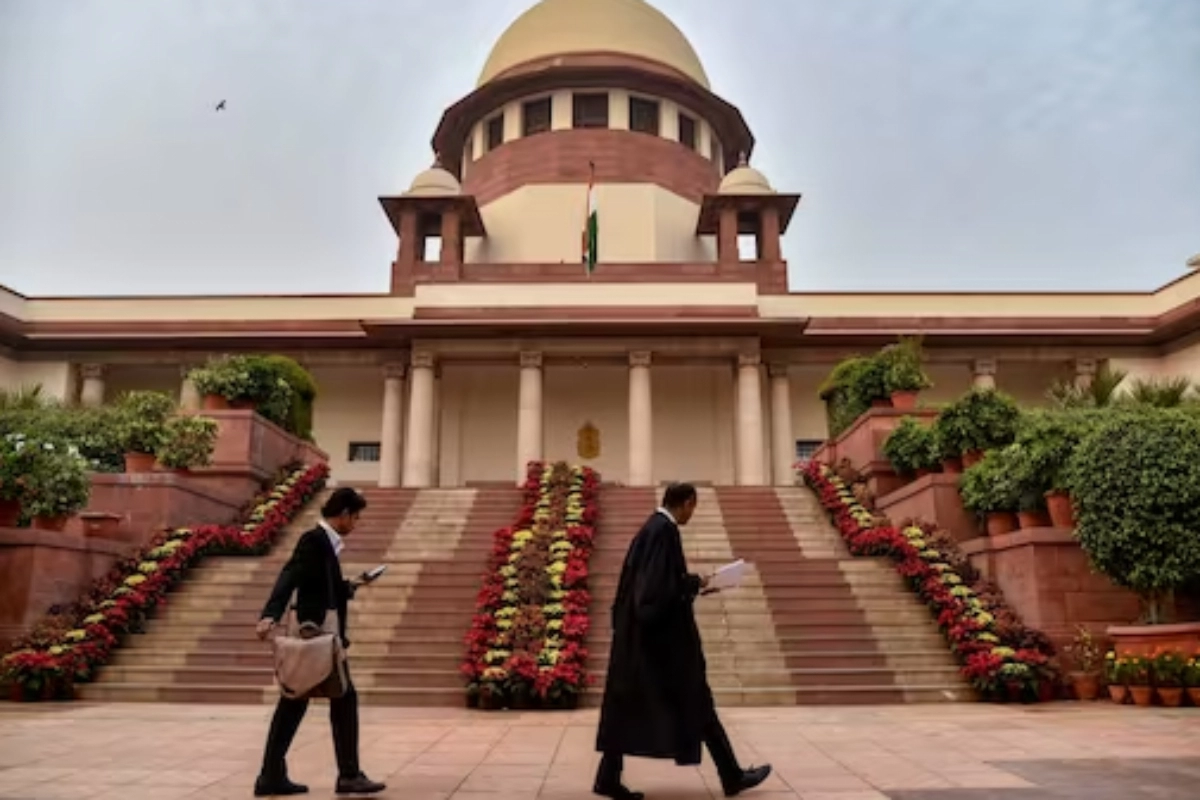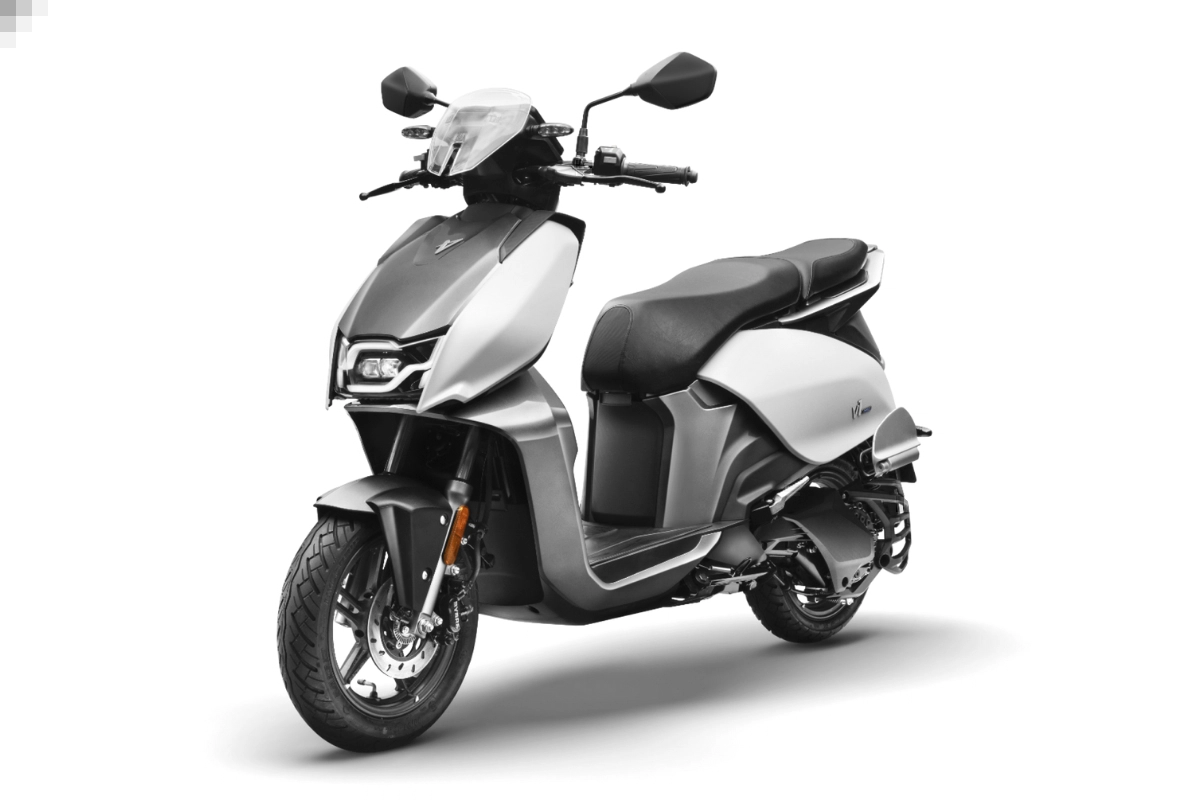EWS Quota: On May 9, a five-judge Supreme Court panel led by Chief Justice of India (CJI) DY Chandrachud will hear appeals of its ruling upholding the constitutionality of the 103rd Amendment, which grants the Economically Weaker Section (EWS) 10% reservation in government jobs and educational institutions. With a 3:2 majority in November of last year, the Supreme Court upheld the 10% EWS reservation in admissions and government employment. The EWS quota was upheld by three of the five judges, who concluded that it did not break the law.
The question of whether the 50% ceiling had been violated was examined by the court
A five-judge Supreme Court panel hearing appeals against the 103rd Constitutional Amendment included then-CJI UU Lalit, Justice Dinesh Maheshwari, Justice S Ravindra Bhat, Justice Bela M Trivedi, and Justice JB Pardiwala. The question of whether the 50% ceiling had been violated was examined by the court. Justice Dinesh Maheshwari later stated in his conclusion, ‘It does not violate the equality code and basic structure.’
The government implemented the EWS quota in 2019
If the exclusion of backward classes from receiving EWS violates the equality law and basic structure, there are various questions and points of determination, according to Justice Dinesh Maheshwari. In order to give the EWS preference in higher education and employment opportunities, the government implemented the EWS quota in 2019. The 10% quota is for people who are not included in the current plan of 50% reserves for Scheduled Castes, Scheduled Tribes, and the Socially and Educationally Backward Classes (SEBCs). The central and state governments are authorised to offer reservations to the EWS thanks to the Constitution (103rd Amendment) Act 2019 that was approved by Parliament.
Must Read: Boxer Mary Kom pleads for help as Manipur burns, Indian Railways cancel all trains due to unrest
Keep watching our YouTube Channel ‘DNP INDIA’. Also, please subscribe and follow us on FACEBOOK, INSTAGRAM, and TWITTER












